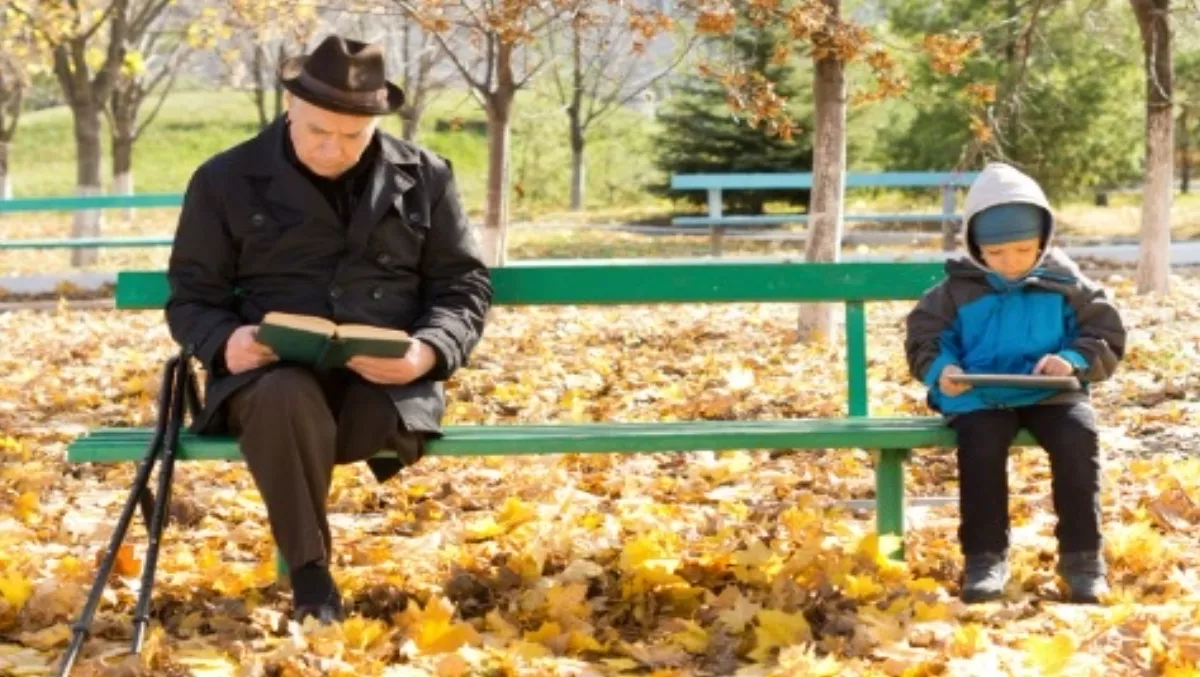
The great debate: E-readers or books?
New technologies have the potential to make traditional mediums obsolete. Today phone books sit in the corner gathering dust along with encyclopedia sets, newspaper movie listings take a back seat to online timetables, and the fax machine is dead.
This bears the question, what will be next to go? Will e-readers make printed books obsolete? This debate staggers on, with some saying it's inevitable, and others saying traditional books will always have their place.
A recent study from Impact PR shows New Zealanders are moving toward digital media faster than ever before.
The PR company says there has been a 212% increase in local bookstore closures in the past seven years than in the previous seven, and says this could be due to the widespread introduction of e-reader devices in 2007. According to Impact PR, those turning to e-readers range from young to old.
"While the numbers of those aged 18 to 34 years old are highest for reading e-books, we found just under 40% of those aged 65+ have also tried a digital book," says Fleur Revell, Impact PR director.
"Plus, a greater number of people aged 55-64 intended to consume more electronic books in the next 12 months than any other group, so this is definitely not a trend limited to the younger generations," she says.
The study found an overwhelming 92% of Kiwis believe there is still a place for libraries in the future.
Voxburner research also found it's not just the older generation who are sticking with traditional books, with 62% of 16-24 year olds choosing printed books over e-readers.
Two key reasons for choosing physical books were the price of e-books (28% of those surveyed think e-books should be half their current price) and emotional connection.
Over half said they "like to hold the product", 20% said they don't want to be restricted to a particular device, 10% said they want to share books easily, 9% said they like the packaging and 6% said they like that they can sell the book on.
Voxburner says, "There is less affection towards electronic versions of books. Whereas age is shown in the spine of each book - and the commitment by the size of one's bookshelf - digital files have no distinguishing characteristics.
"With tablets like the iPad and Kindle Fire offering HD screens, magazines and books can be given better visual treatment, though there is still a lack of character that young people have grown up with through school and books at home.
New Zealand's UMR Research completed a study into readership in New Zealand, and of those surveyed 93% said they had read at least one book. Of this number 95% said they had read a printed book and 36% an e-book.
Of those who had tried both 35% said they preferred printed books, 22% said they preferred their e-reader, and 44%, said they like them both equally.
"On the crunch question of the best way to read, printed books were the winner," says UMR Research.
When asked why they liked print books more, readers said they enjoyed the feel and smell. They said printed books had strained their eyes less, they didn't run out of power, were easy to skip back and forward, and they filled bookshelves.
E-reader advocates said major benefits were portability, books are cheaper and easier to find, and they can be read in all conditions.
As is life this debate isn't black and white. E-books and traditional books aren't mutually exclusive. No one is standing behind your average reader with a revolver at the ready forcing them to choose.
We can have the comfort of holding a book and flicking through the pages. We can be more immersed and emotionally invested, remembering the details better (according to research from Stavanger University in Norway) and fill up our bookshelves with these glorious items.
But we can also have our e-reader for those times when we're off gallivanting around the world, when we want to head off with thousands of books at once, or get our hands on the latest new release on the cheap. Hey, what do you know, we can have both.


